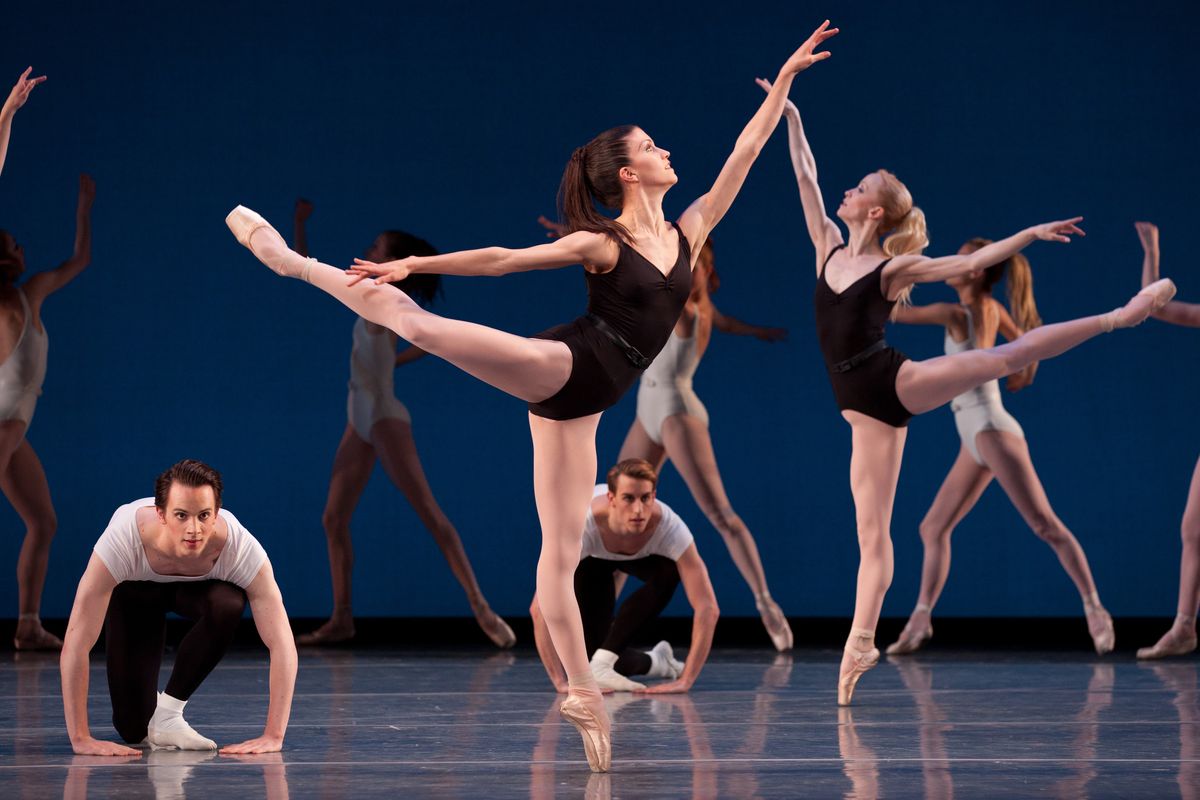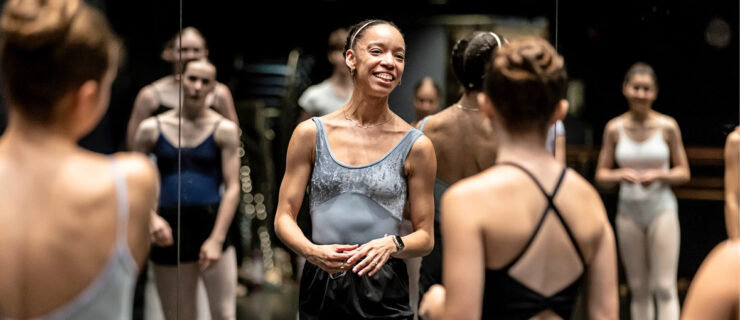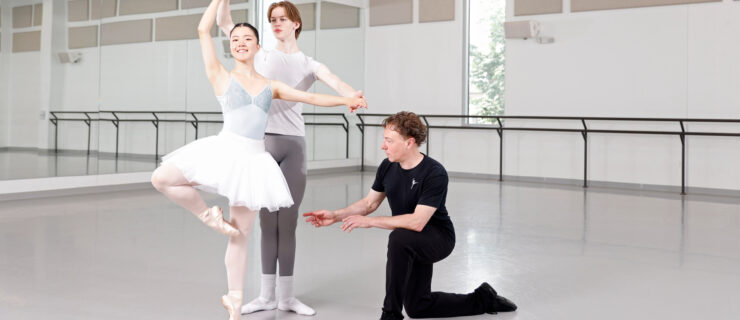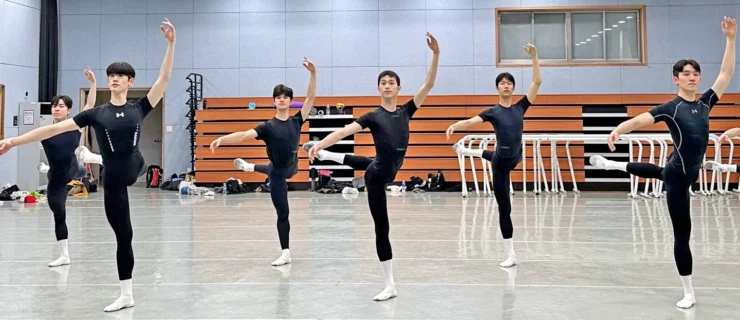At a Crossroads: Should Your Pursue a BFA or a BA… Or Audition for Companies First?
This story originally appeared in the October/November 2014 issue of Pointe.
Skipping college for a ballet career wasn’t an option for Boston Ballet corps member Sarah Wroth. “I didn’t see it as a stable future,” she recalls. But she loved ballet and wanted to continue dancing at school. She auditioned for Indiana University, confident she wouldn’t be accepted into its highly competitive ballet program. But when the acceptance letter came, she was forced to decide what college would mean for her. Would it be a purely academic pursuit followed by a practical career in education or medicine? Or would she go to college with the intention of having a ballet career?
As high school graduation approaches, you may be faced with similar questions. Do you audition for ballet companies without the security of a college degree, or gamble on your dream by going to school? If you go, do you focus solely on dance or go the more academic route? Whatever tides are pulling you, here are some important questions to ask yourself as you navigate your decision.
Am I ready to audition?
Not every 18-year-old is technically or emotionally prepared to enter a company environment. “Looking back, I just wasn’t ready,” says Wroth, who feels her time spent dancing in college was important for her development as an artist.
Victoria Mazzarelli, artistic director of the Nutmeg Ballet Conservatory, encourages all of her graduating students to try at least a few company auditions to gauge where they stand. She also suggests that they apply to colleges at the same time. “The avenues and possibilities are vast for them,” she says. Knowing your options will make decisions clearer and better inform your conversations with your parents and teachers.
Is there a compromise?
If you’re offered a traineeship or company position, it can be hard to walk away—especially if it’s your dream company, or one that hires exclusively from their school. Even so, some parents may still need convincing. To gain their support, take their concerns seriously and seek compromise. College comes in many forms, so if they insist that you earn a degree, you may be able to go part-time or take online classes while you dance. For instance, Mazzarelli points to Nutmeg alumna Quinn Pendleton, a corps member with Les Ballets de Monte-Carlo who studies online at Harvard University. Mazzarelli says that Pendleton already had a well-established dance career before pursuing her degree, and finds that studying online works well with her touring schedule.
Will college hold me back?
Many dancers spend several years in a trainee program or second company before signing a company contract, so attending a college with a strong dance program may not leave you behind. “I danced almost as much as someone in a small company,” says Wroth, who was in classes or rehearsals at IU five to seven hours a day. Just before graduation, she auditioned for Boston Ballet and was offered a contract—she’s now been with the company 11 years.
Tauna Hunter, department chair of Mercyhurst University’s dance program, acknowledges that while her students don’t end up in large companies like New York City Ballet, she has many dancers enjoying fulfilling careers in smaller companies like Colorado Ballet or Nashville Ballet, where they have more opportunity to rise through the ranks and enjoy soloist and principal roles.
If you do choose school, maintain your focus. College is an exciting time full of new friends and experiences, but if you want to compete for a contract when you’re finished, you have to dance as much as a professional, even if that means seeking out classes and dance opportunities off campus. “You have to quiet all the noise that covers up a clear view of ballet and the fact that it’s what you want to do,” says Wroth.
BA or BFA?
When choosing a dance program, find one that supports your long-term goals both artistically and academically. At Mercyhurst, many of Hunter’s students want to “make it count” by pursuing a double major. The school has adapted its BA program to better accommodate them. “The BA program can produce professional dancers,” says Hunter. “However, it also offers an opportunity for the student to pursue other interests.”
For Wroth, her BS at IU allowed her to major in dance while focusing on education studies as an outside field. The benefit was never more evident than when she had major back surgery last year. “I will always have the empowerment that a degree gives, of knowing that I could do something else.”
Meanwhile, BFA programs are structured more like a traditional dance conservatory, with the intent of producing professional dancers and choreographers. They generally require more dance credits than BA programs. Hunter says that it is possible to have another major in Mercyhurst’s BFA program, but warns that it’s a challenging and more expensive pursuit that spreads some students too thin.
Whatever you decide, move forward confidently. “Leave yourself open to every option,” says Mazzarelli. “You never know where you’ll end up.”






